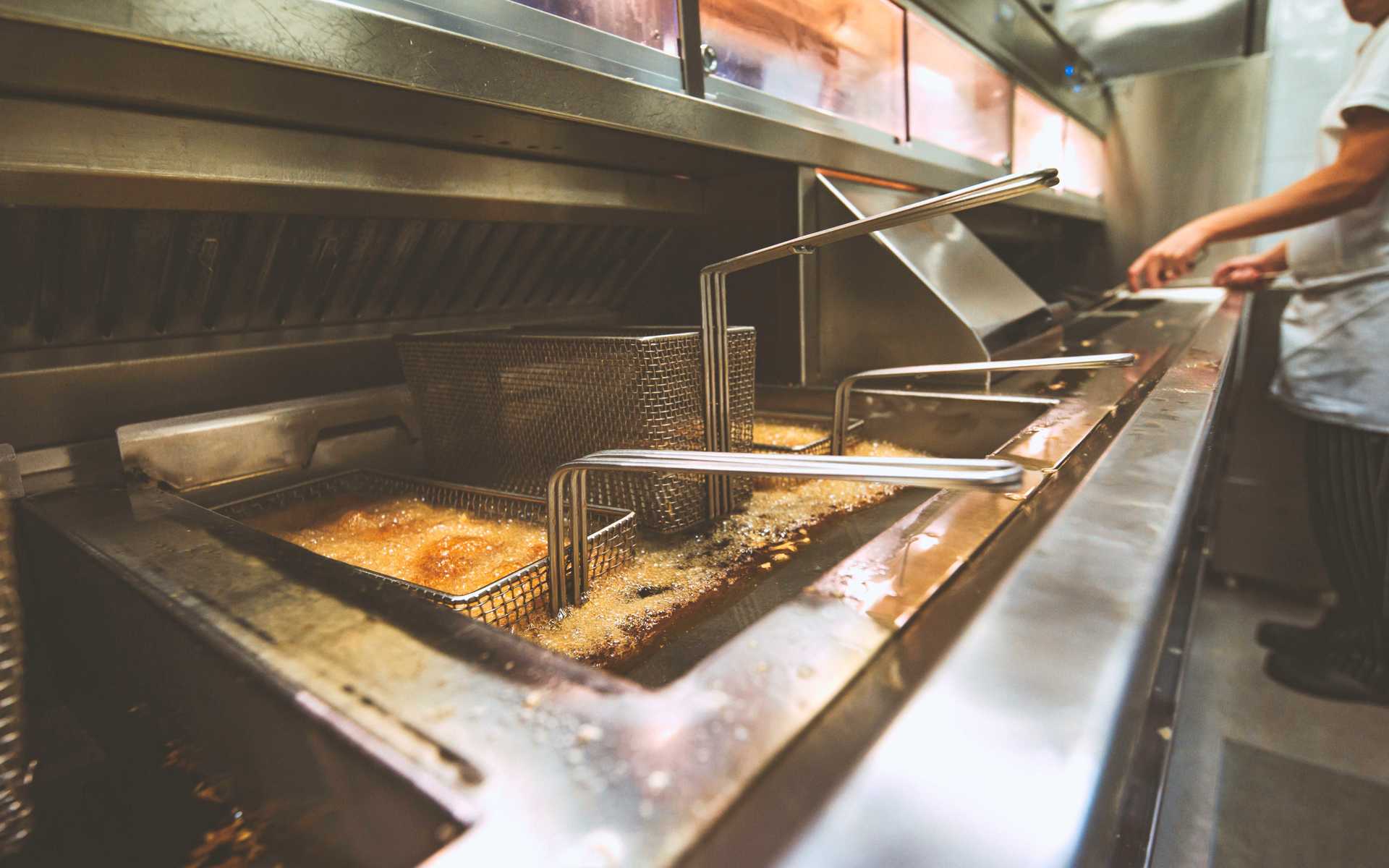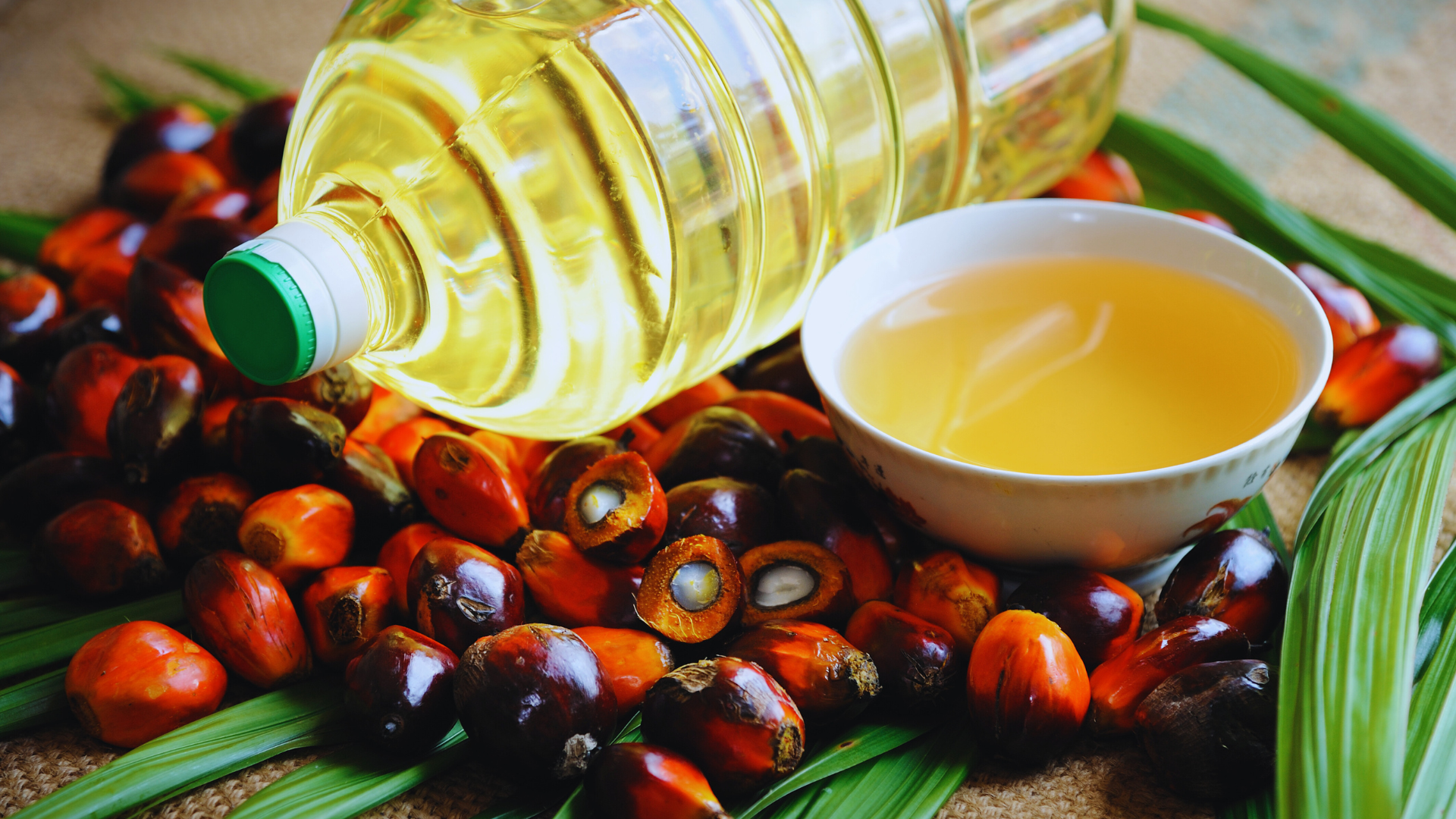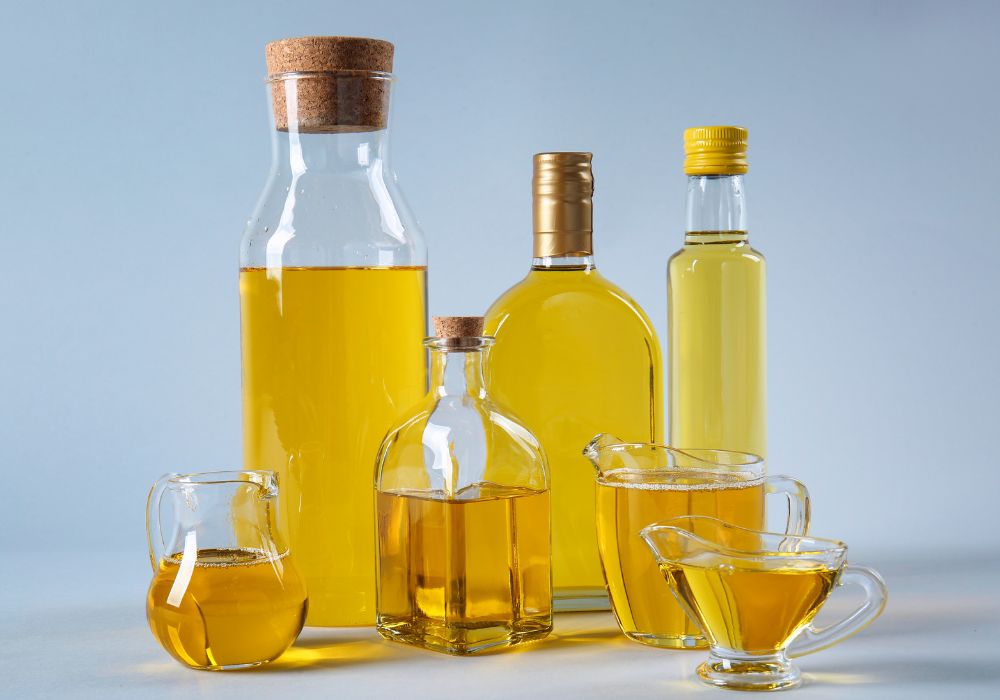Although most people are now aware of the notorious ‘fatbergs’ that plague the sewers of many UK cities – with some now being displayed in museums – there is still a long way to go to tackle improper cooking oil disposal. Thames water alone is reportedly dealing with five blockages an hour in London’s sewers. These blockages are mostly caused by a nasty combination of non-flushable products such as wet wipes and solidified waste cooking oils.
Once your frying oil comes to the end of its life you’re going to have to dispose of it properly. As a commercial restaurant or takeaway you have a responsibility – and legal obligation – to correctly dispose of your waste frying oil in the safest possible way. The consequences of improperly discarded oil are far-reaching and can result in drain blockages, environmental damage and even legal action.
It’s therefore vital that you are aware of the best practices when it comes to all aspects of oil management. That’s why we have created this useful guide to take you through the dos and don’ts of oil disposal, as well as highlight the multiple disposal options that are available to you.
DON'T
Put oil down the sink or drain
This may seem like an obvious point but the prevalence of fatbergs in our sewers suggests that many people are still ignoring it. When cooking oil is in its liquid form it may not seem like such a bad idea to pour it down the sink or drain. However, once that oil cools, it will solidify and block the flow of wastewater in the drainage pipes. Using boiling water or bleach may temporarily unblock the pipe but the oil will quickly solidify again further down the pipe and will probably only make fixing the blockage harder.
Forget about your baskets, trays and utensils
It’s not just the deep fat fryer – all equipment that comes into contact with your frying oil should be wiped with a disposable kitchen towel before being cleaned in the sink or dishwasher. This will prevent oil getting into drainage pipes through the washing up water. Similarly, you should ensure that all scrapings and waste food are placed in the bin as they can also cause blockages. All sinks should come with a strainer or sieve, which will catch food waste and will need to be regularly emptied.
DO
Contain waste oil securely
All waste frying oil should be collected in airtight containers with screwcaps to prevent leakages and bad odours. These containers should then be stored in a secure area where they are unlikely to be knocked over and away from any drains.
Train your staff about oil disposal
Training all of your staff about the importance of proper oil disposal is not only good for the environment; it is good for business too. Failure to keep frying oil out of your drains may lead to expensive unblocking costs, public health issues and prosecution. Section 111 of the Water Industry Act 1991 makes it illegal to allow any substance that may cause blockages in the sewerage system to pass down any drain and into a public sewer. Failure to comply with this law can result in hefty fines or even imprisonment.
Use a waste oil collection service
One of the most convenient and environmentally friendly ways to dispose of your frying oil is to enlist the services of a waste oil collection company. They can collect your waste oil directly from your premises and transfer it to a licensed waste management site where it can be recycled into bio-diesel or used to generate electricity. Some collection companies may even buy your waste oil from you! Contact the Environment Agency for a list of your local authorised oil collectors. Make sure you receive a Waste Transfer Note from any oil collection that you use to dispose of your waste oil as you may need to provide it for inspection by the Environment Agency.
In the Fish and Chip industry, oil waste is inevitable. However, every chippy in the land has a duty of care to safely and legally dispose of their frying oil waste. One of the best ways to minimise your oil waste is to only use the best quality frying oil in the business. Long lasting, fully refined and sustainable, it’s no surprise that Frymax has been the frying oil of choice for chippies for the past 70 years. Get in touch with our team today to learn more.
Become a Frymax member today to gain access to exclusive content, expert frying advice and the chance to enter our fantastic competitions.






